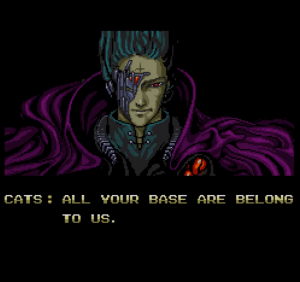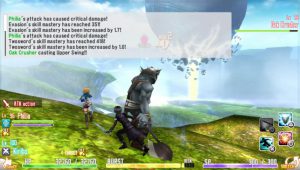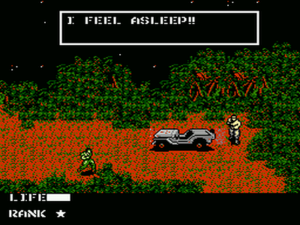Localization is still a very underrated aspect when we talk about videogames, and it is considered less important than game mechanics, graphics and story. Localization actually plays a very significant role because, if done badly, it can destroy the immersiveness of the game. For a translation to be correct and functional, it will have to feature natural language, puns, and jokes that work in the target context. A poorly crafted translation will lead players to wonder what that particular phrase means or even make them laugh at its complete lack of meaning. These kinds of translations, in the English-speaking sphere, are called “Engrish.”
What Does Engrish Mean?
Engrish is an elementary and simplified form of English. Often rudimentary, it has a very limited vocabulary. By Engrish we refer to all those localizations that are incorrect and, most of the time, meaningless. Sometimes this happens with Japanese-to-English translations. Let’s see some examples.

Zero Wing
Zero Wing is a 1989 side-scrolling shooter arcade video game developed by Toaplan. A famous example of bad localization is the dialogue in the opening sequence. The interlocutors are the captain of a ship under attack and an evil cyborg, namesake spokesman for the alien organization called CATS. The funny sentence is “All your base are belong to us”, which is, of course, grammatically wrong.
Sword Art Online: Hollow Fragment
Sword Art Online: Hollow Fragment is a role-playing video game that features a combination of typical action RPG and visual novel elements. Released in 2014 for the PlayStation Vita, an improved version was released the following year with a significantly better English translation. Here, the localisation from Japanese to English is quite shoddy.

As we can notice, the sentence “did something happened?” is totally wrong, because of the use of verb tenses.

The translator translated the Japanese word オーク as “Oak” rather than “Ogre”.
Metal Gear
Metal Gear, released in 1987, is the first stealth action-adventure video game in the series of the same name, created by Hideo Kojima and developed by Konami for MSX2. Filled with errors, the game produced such classics as “The truck have started to move!” and “Contact missing our Grey Fox.”

The best example, however, can be found in one of the first sequences. An enemy guard inexplicably yells “I FEEL ASLEEP!!!”, which, clearly, makes no sense.
Linguistic Testing is Essential
During the translation of a video game, the review and quality control phase is essential to avoid bugs. In addition, prior experience and participation in workshops are necessary to develop the right skills for this type of assignment.
GLOS offers a video game localization course where you can learn the secrets of video game translation.





